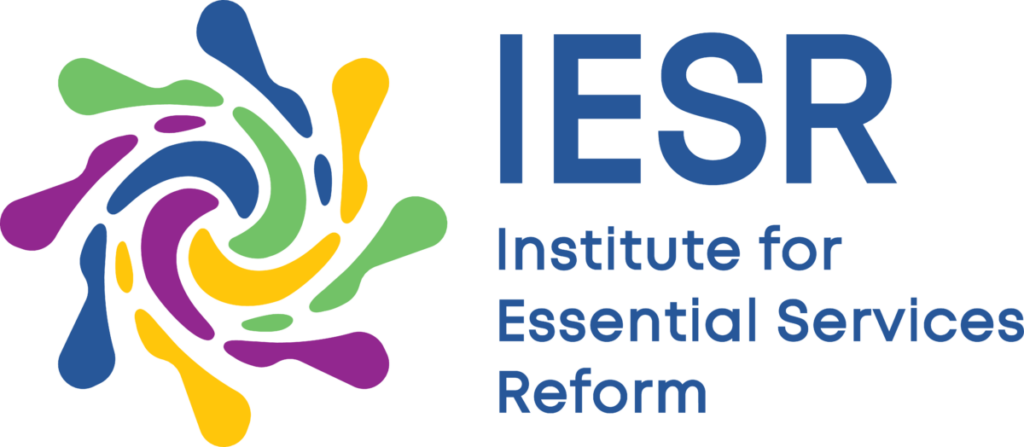Backgorund
In Indonesia, buildings account for 30 percent of the country’s total energy consumption and are expected to increase to 40 percent by 2030 (IFC 2019). Therefore, energy transition in the building sector is crucial for reducing emissions in Indonesia. The Institute for Essential Services Reform (IESR), through the Sustainable Energy Transition in Indonesia (SETI) project, supports Indonesia’s energy transition by assisting Kota Batam in implementing energy efficiency (EE) and renewable energy (RE) measures in the built environment sector.
Our organization is tasked with determining the baseline energy consumption of the built environment sector in Kota Batam. The built environment is a human-made space that includes buildings and public infrastructure. The baseline energy consumption of the sector in the city refers to the energy usage of buildings and infrastructures that use energy in a business-as-usual condition (BAU) or before any implementation of additional efficiency measures. Understanding the baseline energy consumption is crucial for stakeholders in the city/region, including policymakers, city planners, and energy managers, to develop and implement sustainable energy transition activities. Therefore, obtaining reliable data to estimate the baseline value in the city is essential for effective energy management and planning.
This work will support the next phase of the SETI project, such as developing a future energy demand estimate for the built environment sector, creating energy models in the Low Emissions Analysis Platform (LEAP), and performing integrated energy planning to reach Net Zero Emissions (NZE) for the sector in Kota Batam. Furthermore, several buildings surveyed in this task will also be selected for the energy audit and pre-feasibility study for building retrofitting.
Objective
Our organization is looking for a consultancy service to find the estimates of energy sources (total and breakdown), energy consumption (total and breakdown based on end-use), energy consumption indexes, the potency of renewable energy technology applications, and greenhouse gas (GHG) emissions from the built environment sector in Kota Batam. We will follow categories from PLN in the grouping of building and infrastructure. Refer to the link at PDF page 9. The built environment sector consists of:
- Residential group
- Business group
- Social group
- Government office building group
- Public street lighting group
- Other infrastructure which consumes energy
Batam consists of multiple islands. The geographical layout may influence variations of buildings and infrastructures energy consumption and distribution. Therefore, the analysis should consider these factors when estimating energy use and emissions across the region.
Proposal Timeline:
Bidders should submit a copy of the proposal and all files at the following link: RFP submission, via email to the IESR SETI Project Manager at malindo@iesr.or.id and cc to dwi@iesr.or.id, faisal@iesr.or.id, and maharani@iesr.or.id no later than 17:00 West Indonesia Time (WIB) on Friday, May 9, 2025. Please include “RFP Response – Baseline Energy Consumption Study Batam” in the subject line.
SETI_RFP_City-Baseline-Energy-Consumption_Kota-Batam-1
Download



